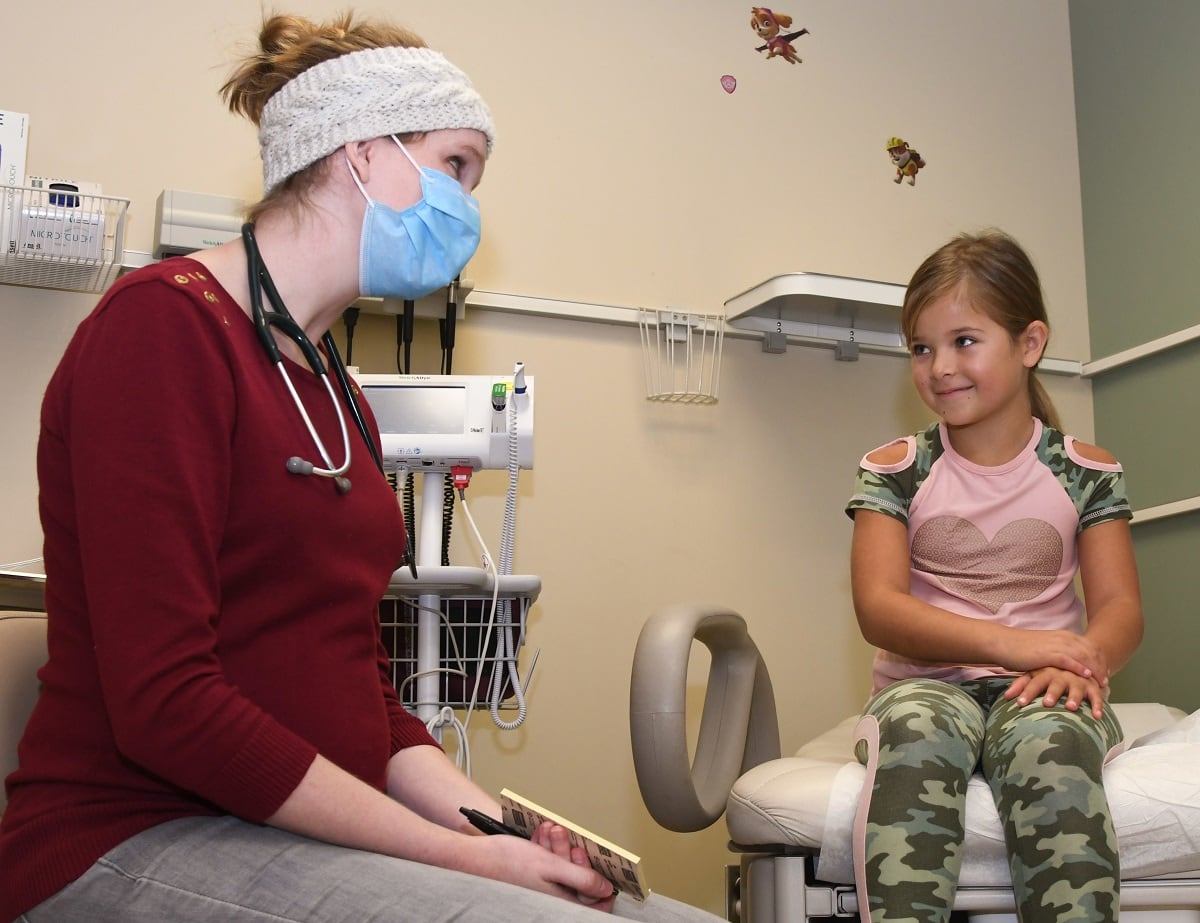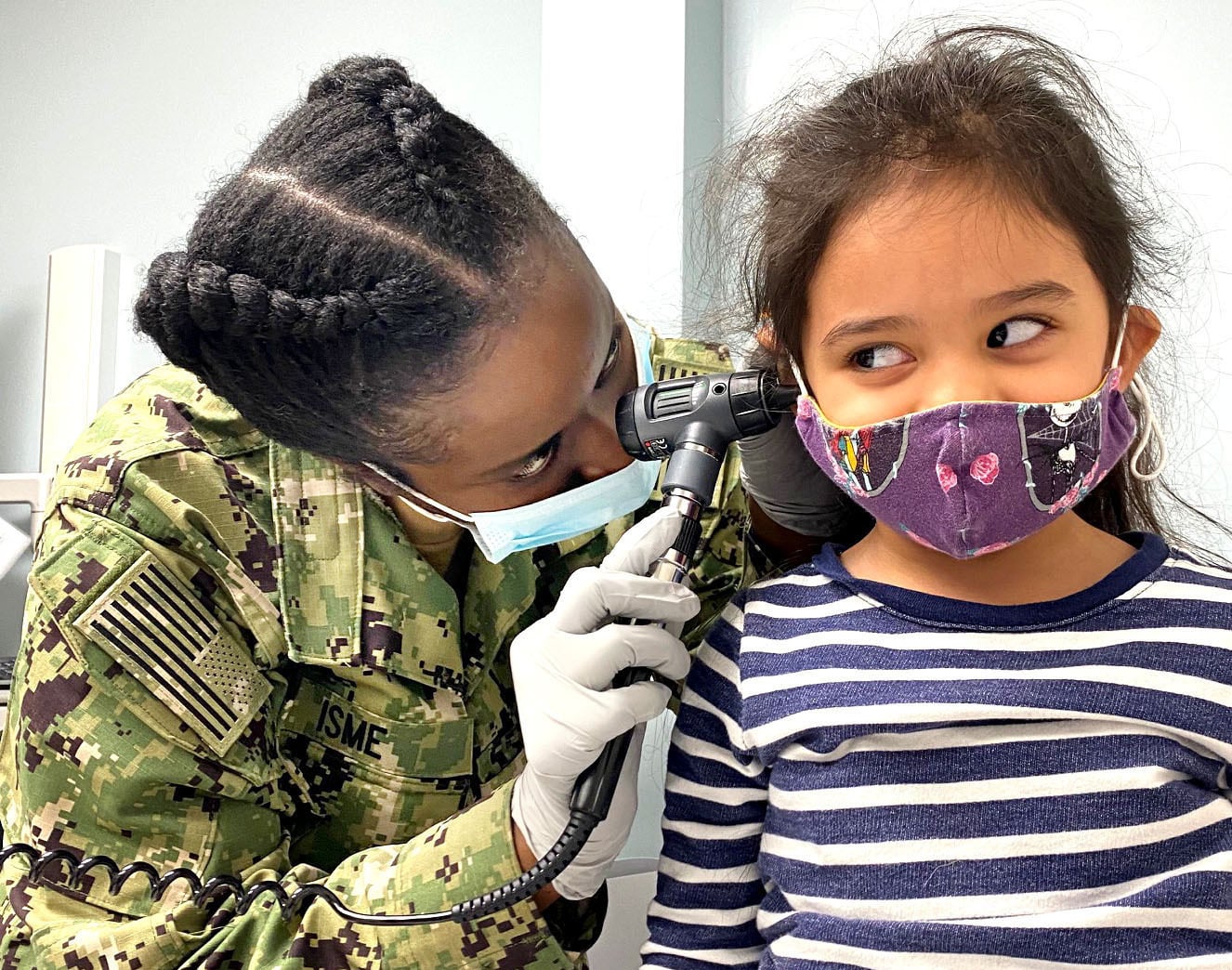A federal judge has cleared the way for TriWest Healthcare Alliance to become the contractor in charge of civilian medical networks for the Defense Department’s Tricare West Region.
Judge Ryan Holte affirmed the Defense Health Agency’s decision to award the $65.1 billion West Region contract to TriWest in a federal claims court ruling late Wednesday, according to officials with Health Net Federal Services, the plaintiff in the case. A new generation of Tricare contracts is designed to improve care for the 9.6 million Tricare beneficiaries under their purview.
The judge’s ruling has not yet been made public.
In December 2022, defense officials announced they had selected Arizona-based TriWest Healthcare Alliance as the new manager of the West Region, unseating California-based Health Net Federal Services as the area’s civilian network contractor. The Defense Department also awarded Kentucky-based Humana Government Business a new contract to continue its role managing Tricare’s East Region.
RELATED

The new contracts for the two regions have a potential combined value of $136 billion over nine years. There are currently 2.8 million beneficiaries in the West Region. As part of the contracts, an additional 1.5 million Tricare beneficiaries will transfer to the West Region from six states in the East Region: Arkansas, Illinois, Louisiana, Oklahoma, Texas and Wisconsin. The West Region will cover 26 states.
Health Net protested the decision in the U.S. Court of Federal Claims last August, after lodging an unsuccessful complaint with the Government Accountability Office earlier in 2023.
The ongoing dispute has delayed some of the improvements beneficiaries were expecting to see in their medical care. The new contracts, for example, will allow patients to transfer specialty care referrals to a new doctor when they move, even if their new duty station is not in their current Tricare region.
Work on the contracts has been delayed since the bid protest process began in January 2023. Officials have said the contractor will need a 12-month transition period before formally taking over. DHA did not immediately respond to a request for comment, including on how the ruling might affect that timeline.
In a statement Thursday addressing the ruling, Health Net officials reiterated their “commitment to working with the Defense Health Agency toward a successful close” of their current contract, and said they will continue to serve Tricare West Region beneficiaries through the end of 2024.
“Beneficiaries should not experience any disruptions to their Tricare benefit during this period,” Health Net said.
RELATED

TriWest officials didn’t immediately respond to a request for comment.
TriWest previously held Tricare contracts in the western United States for 17 years, from the start of Tricare in 1996 through 2013. TriWest also holds a federal contract with the Department of Veterans Affairs to administer VA’s Community Care Network for Veterans.
“The company’s prior experience and performance places it in solid positioning for successfully administering the next generation” of Tricare contracts, TriWest said in a statement after winning the contract in 2022.
In earlier court filings, Health Net contended that errors in the Defense Health Agency’s evaluation of proposals resulted in “the illogical conclusion that TriWest — an entity that has not performed a Tricare [Managed Care Support] contract in nearly a decade and that has no existing Tricare network — had equally relevant and more favorable past performance than the successfully performing West Region incumbent who has received glowing performance assessments for years.”
The government responded in a November court filing that DHA “had rationally evaluated TriWest’s proposal to use its existing accredited federal network to help populate” its network.
Military health system in flux
The new Tricare contracts are in transition as the military health system tries to woo patients back to its doctor’s offices from the civilian sector. Stakeholders from patients to military medical providers to military leaders have reported myriad issues stemming from medical personnel shortages that have led to patients being unable to get the care they need, or delays in that care. A Nov. 29 Defense Department Inspector General report detailed how beneficiaries around the world have dealt with military medical provider shortages, few civilian network options and long wait times.
Deputy Secretary of Defense Kathleen Hicks in December directed sweeping changes to boost staffing at medical facilities and increase access to care for beneficiaries, hoping to return millions of patients to the military health system.
Senior enlisted leaders aired their concerns about access to health care at a congressional hearing Wednesday on quality of life for military families. The issues are complicated, said Master Chief Petty Officer of the Navy James Honea. Part of that, he said, is the lack of availability of care in the extended health network outside of military installations.
“We have to make a decision,” he said. “Can we continue to rely on the extended health network outside our fence line, or do we need to figure out how to better recruit, and bring those services back?”
Karen has covered military families, quality of life and consumer issues for Military Times for more than 30 years, and is co-author of a chapter on media coverage of military families in the book "A Battle Plan for Supporting Military Families." She previously worked for newspapers in Guam, Norfolk, Jacksonville, Fla., and Athens, Ga.



